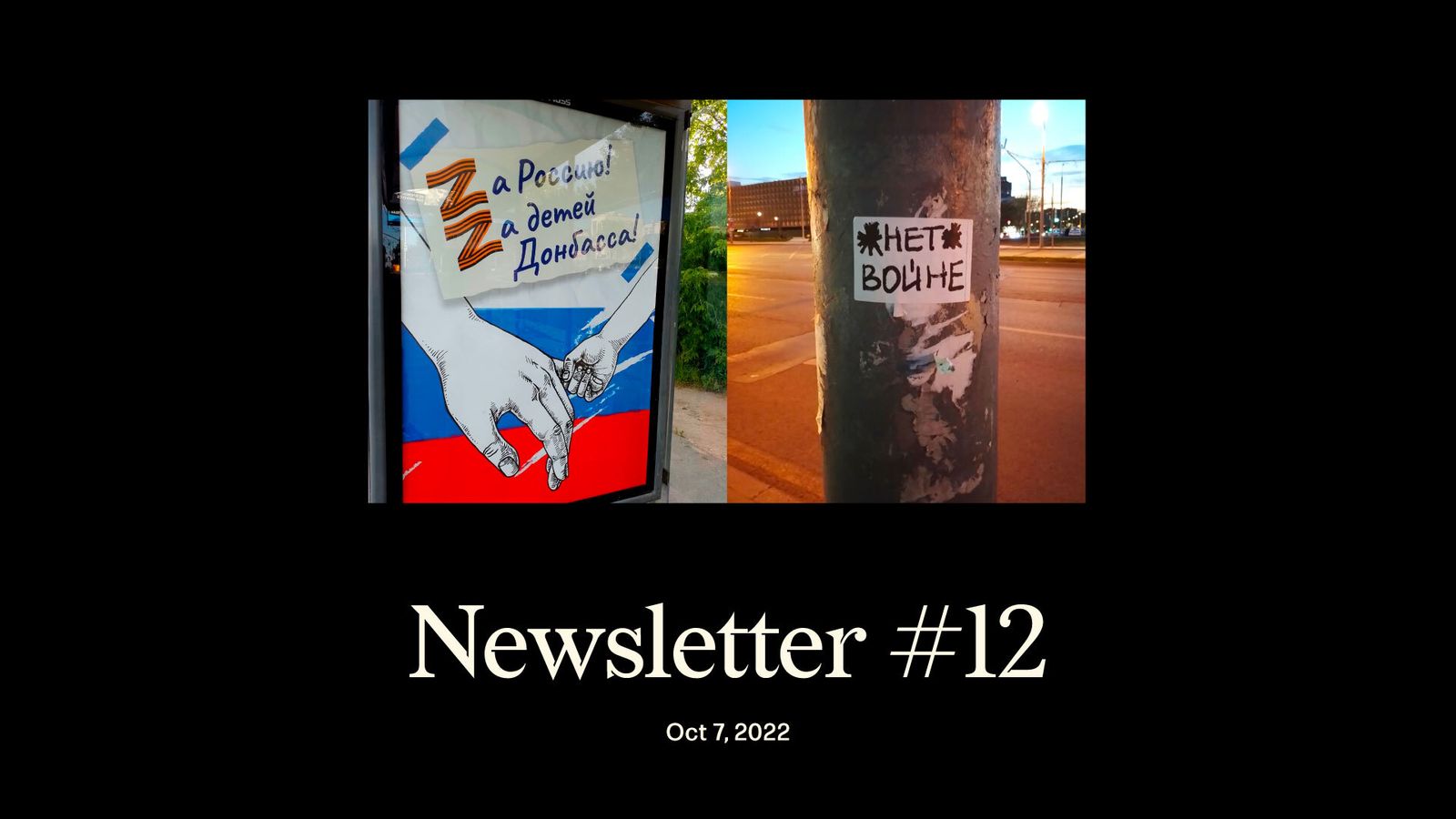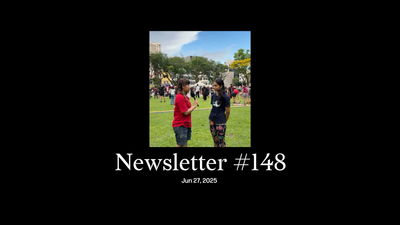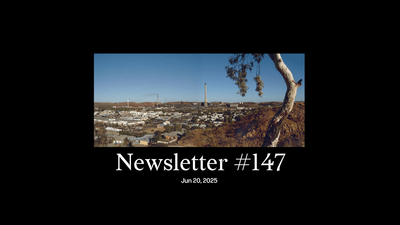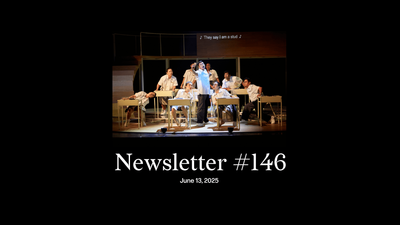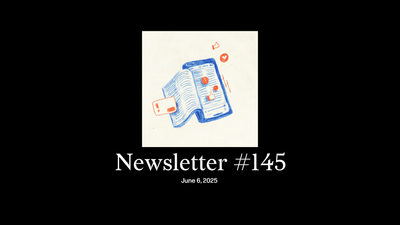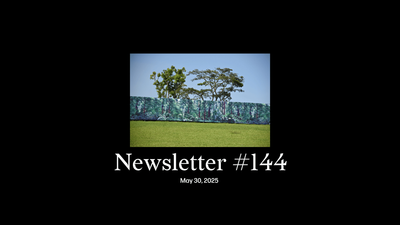Dear reader,
Sometime over the past few years I met a Singaporean who lives in Moscow. Jom is thankful today to publish a piece from them, “Postcard from Moscow: the centre cannot hold”.
They give us an insight into the surreal atmosphere on the ground now, as many Russians, fed official narratives that appear to mask some unknown truths, feel forced to suspend disbelief simply in order to carry on living.
Russia’s current mass mobilisation is sparking protests and a mass exodus from the country. This Singaporean describes the awful scenes that have transpired in recent weeks.
For most of this year I’ve harboured some deep sympathies for the plight of Ukrainians—while at the same time feeling frustrated, even occasionally angry, at the seemingly blind patriotism of Russians.
This postcard is a good reminder about the helplessness felt by many people living under tyranny. It is also a lovely foil to the “Postcard from Ukraine” we published a few weeks ago. The first one showed a sense of belonging and nationhood being forged in these terrible times; today’s shows it crumbling.
Who is this Singaporean living in Moscow? And how did we compensate them for this piece?
This is a good opportunity to carry on our “build-in-public” series on some important journalistic issues: anonymous publishing, source protection and contributor rates.
As a general rule, we at Jom want to be completely transparent about our authors. This is particularly important in an era where readers care about a writer’s positionality, defined here as “...the social and political context that creates your identity and how your identity influences and biases your perception of and outlook on the world.”
These times are also marked by a surfeit of anonymous social media pages and websites that trade in sensationalism and falsehoods. This has also prompted the broader desire for transparency.
The Economist famously has no by-lines on its articles, and I sometimes tell friends there that such an editorial strategy simply wouldn’t work for a start-up today.
So what should Jom do when a contributor may encounter trouble if their identity is exposed? Here we performed a combination of due diligence—meeting and talking to the contributor—and editorial assessment: is the piece worth running without an actual name?
Charmaine, Waye and I read it and agreed: a resounding ‘yes’. I suspect some editors might disagree with our assessment—in that they wouldn’t believe that this issue is unique or urgent enough, since there are already other writers on the ground there.
But our sense is that Singaporeans will be more inclined to hear from a Singaporean on an issue that has divided society. There are a fair number of Putinphiles here, inspired perhaps by Chinese propaganda, or perhaps by Lee Kuan Yew’s own suggestion in 2014-15 that Putin is one of the world’s best leaders.
Once we agreed to run it, I thought of coming up with a flowery, multisyllabic Indian name for this non-Indian writer, one I was sure would fool the Russian spooks. “Anonymous” wisely declined.
On source protection, there is a passage in Anonymous’s piece that talks about a friend being bundled into a police van for apparently dodging the draft. We were a bit worried that our retelling of this might somehow jeopardise their friend.
It’s a minute risk, yes. I’m sure the Russians don’t give two blinis about Jom. Still, we spent some time watering down the details of this encounter, and feel comfortable with it as is.
Finally, contributor rates. Jom is committed to paying above local media market rates. We’ve landed on a number of S$400 per essay for now.
We intend to raise this to S$600 once we hit about 3,500 paying subscribers, and then S$1,000 at 5,000.
I think S$1,000 is decent for the work that goes into an essay. It’s not great, but it’s decent, given Singapore’s cost of living.
I think we all have the same ultimate goal: the creation of an independent media outfit that can pay writers and other contributors well for the work that they do.
The point of all this is that I want to show you where your money is going. Anonymous stuck their neck out to write this beautiful, if tragic postcard, and your support has allowed us to pay them for their work.
For those who have yet to, please get a paid subscription today. By subscribing to Jom you are supporting this higher mission of cultivating Singapore’s journalistic talent—whether they are in Moscow or MacRitchie.
Best wishes from Jomrades in solidarity with Russians under tyranny,
Sudhir Vadaketh
Editor-in-chief, Jom
Some further reading
- On the perils of publishing anonymously, a great recent case was when The New York Times published an anonymous op-ed from somebody in Donald Trump’s White House. The Economist wrote a commentary about it, and the University of Texas, Austin published a case study, “The Ethics of Anonymous Criticism in Political Journalism”.
- David McDannald, American author, has compiled a list of contributor rates, which includes The New Yorker (US$550 for 3,200 words) and Harper’s and The New York Times Magazine (both US$3,200 for 3,200 words).
If you've enjoyed our newsletter, please scroll to the bottom of this page to sign up to receive them direct in your inbox.


